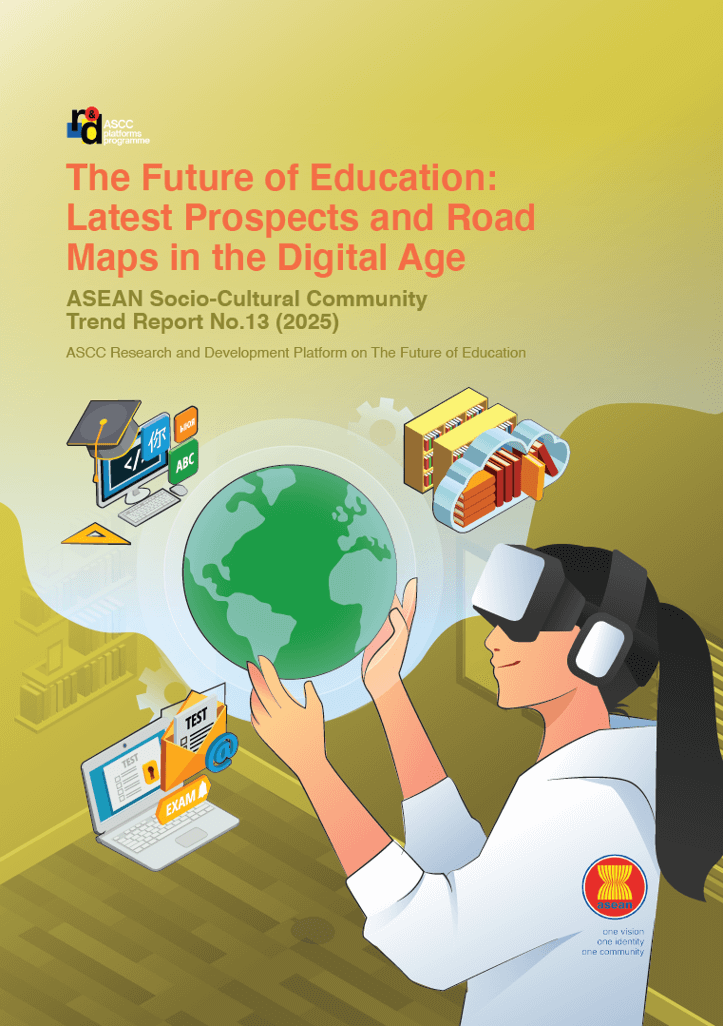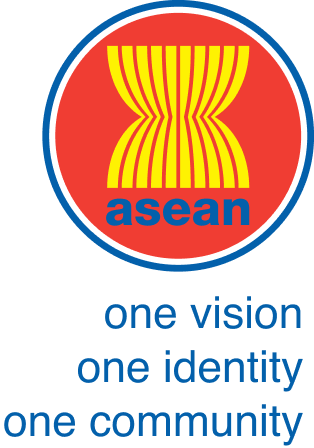

ASEAN Member States (AMS), aware of how digital technologies have disrupted the education sector, have been working together to enhance youth digital literacy. Although the ASEAN Education Work Plan 2021-2025 committed to accelerating the digital transformation of regional education systems, the increasing pace of technological change and digitalisation have created challenges for AMS, including a widening digital divide and learning losses. Youth, especially those in rural areas, have had inadequate access to the internet and digital devices.
However, the challenges of digital transformation have created new opportunities for AMS education ministries (MoE) to reimagine and rethink how to provide education to maximise information and communication technology (ICT) use. AMS must adapt new pedagogies and methods to facilitate deep learning and harness emerging technologies to reach different types of learners, including those with disabilities, children, and youth from disadvantaged backgrounds.
Increased use of technology has been transformational and will continue. Society and businesses have been transitioning from traditional organizations to those powered by artificial intelligence (AI). The shifting nature of work and industry has required education to adapt. Accordingly, this report recommends that policymakers reconfigure school infrastructure by rethinking education plans and school governance operating models. This report also recommends that AMS work to align teaching and learning with digital transformations to foster the creation of future-ready citizens, and that AMS invest in teachers and teacher training to enhance learners’ digital literacy levels and sense of stewardship.
In the medium term, this report recommends developing digital education ecosystems with enhanced access to and increased use of digital tools that are supported by evidence-based technology guidelines; driving innovation, research, and development to increase the functionality of digital platforms; building the digital skills of teachers through regional training programmes; continuing to promote lifelong learning; and providing learning opportunities for all.
In the long term, AMS should consider promoting regional and international agendas to realise the Sustainable Development Goals (SDGs) while integrating education for sustainable development (ESD) into their national education systems through an appropriate framework that engages all stakeholders.







